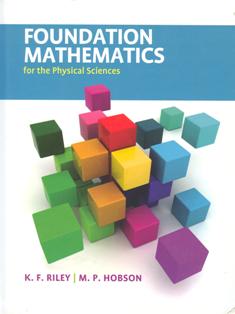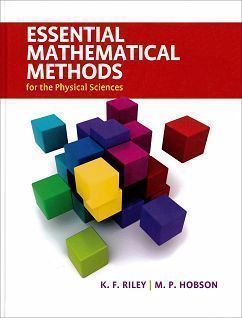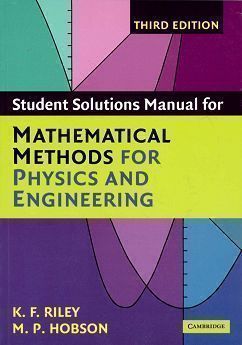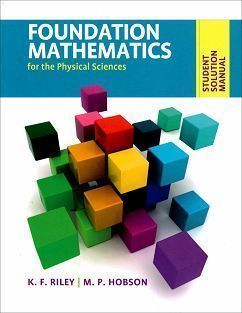書籍分類

Foundation Mathematicsfor the Physical Sciences (H)
作者:K. F. Riley, M. P. Hobson
原價:NT$ 1,550
ISBN:9780521192736
版次:1
年份:2011
出版商:Cambridge University
頁數/規格:精裝
版次:1
年份:2011
出版商:Cambridge University
頁數/規格:精裝
內容介紹 本書特色 目錄 作者介紹
- Description
This tutorial-style textbook develops the basic mathematical tools needed by first and second year undergraduates to solve problems in the physical sciences. Students gain hands-on experience through hundreds of worked examples, self-test questions and homework problems. Each chapter includes a summary of the main results, definitions and formulae. Over 270 worked examples show how to put the tools into practice. Around 170 self-test questions in the footnotes and 300 end-of-section exercises give students an instant check of their understanding. More than 450 end-of-chapter problems allow students to put what they have just learned into practice. Hints and outline answers to the odd-numbered problems are given at the end of each chapter. Complete solutions to these problems can be found in the accompanying Student Solutions Manual. Fully-worked solutions to all problems, password-protected for instructors, are available at www.cambridge.org/foundation.





